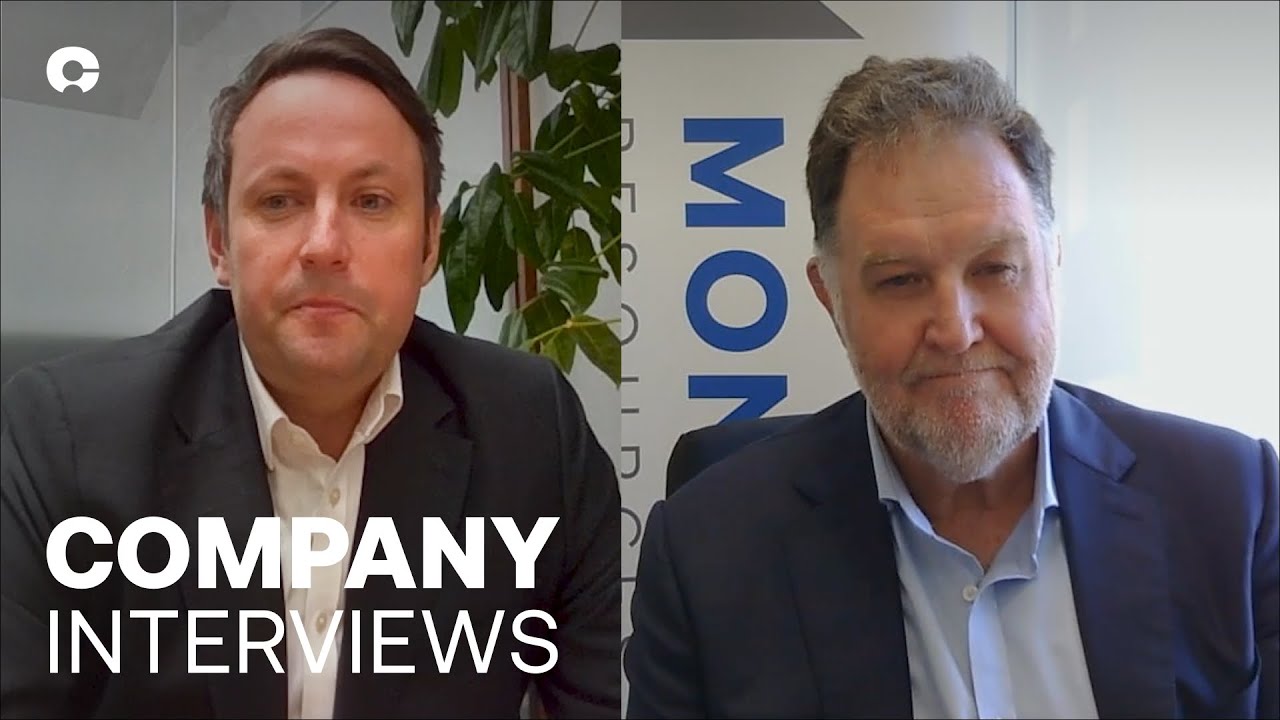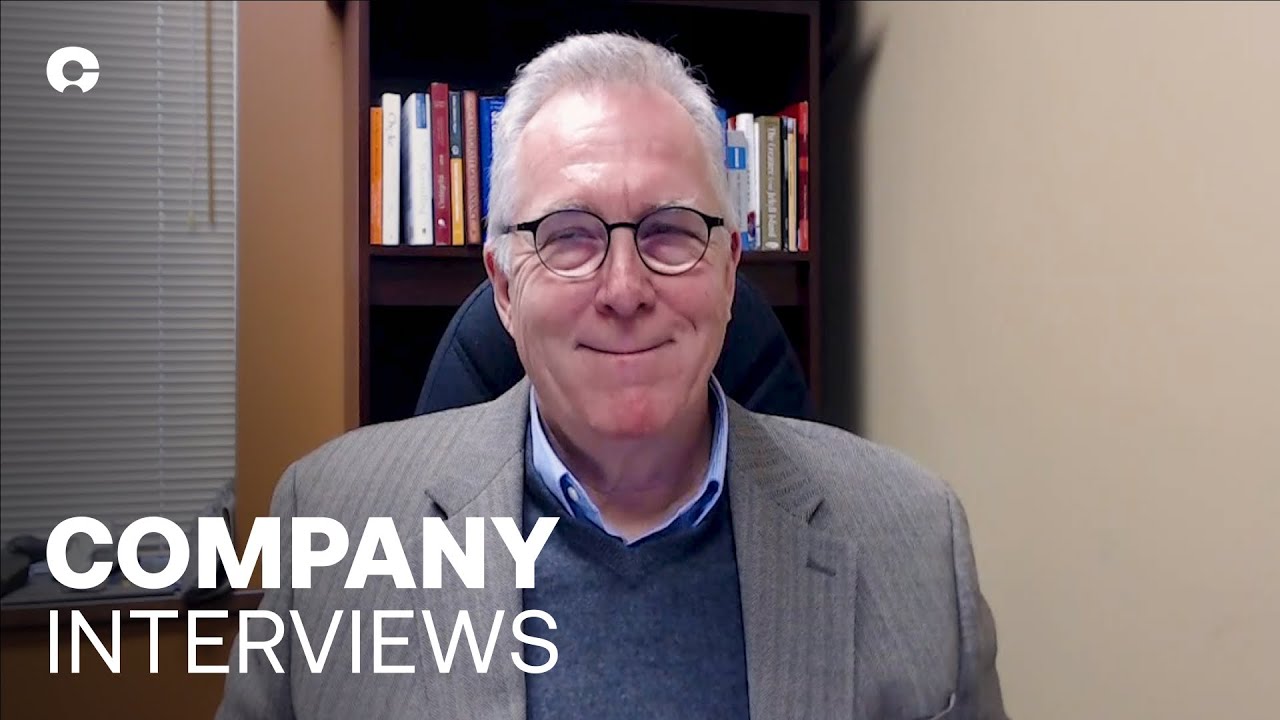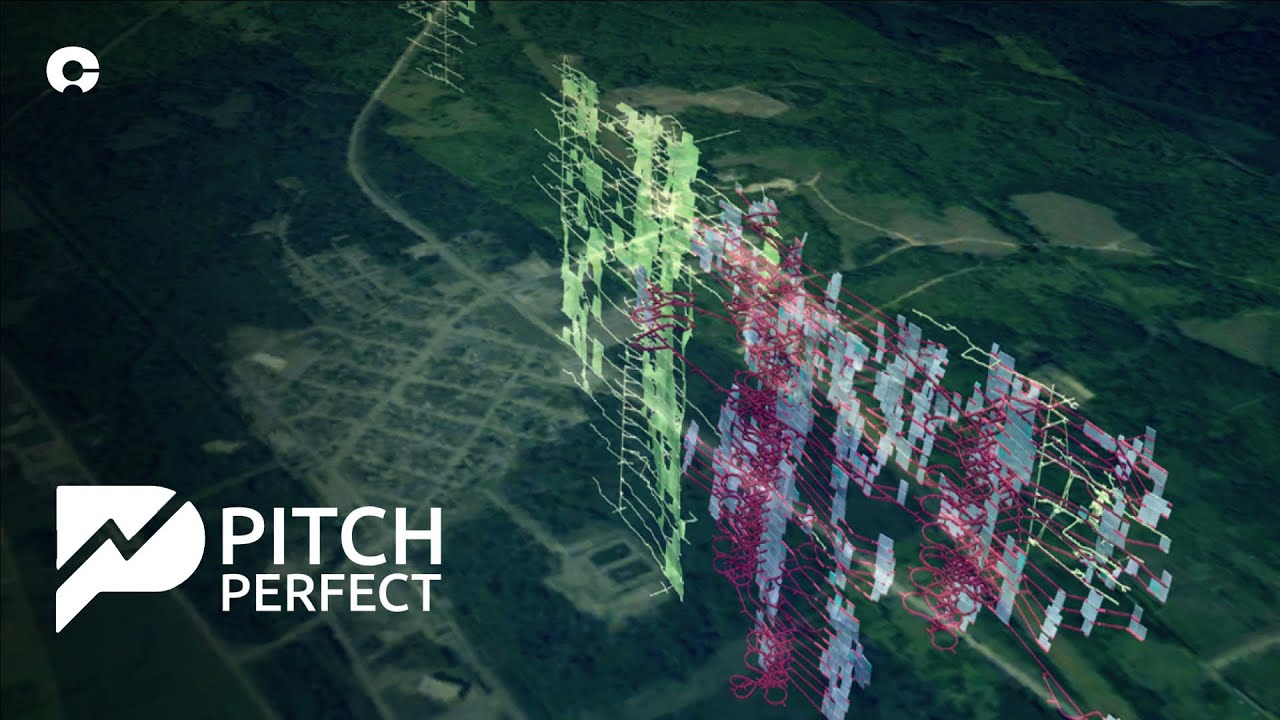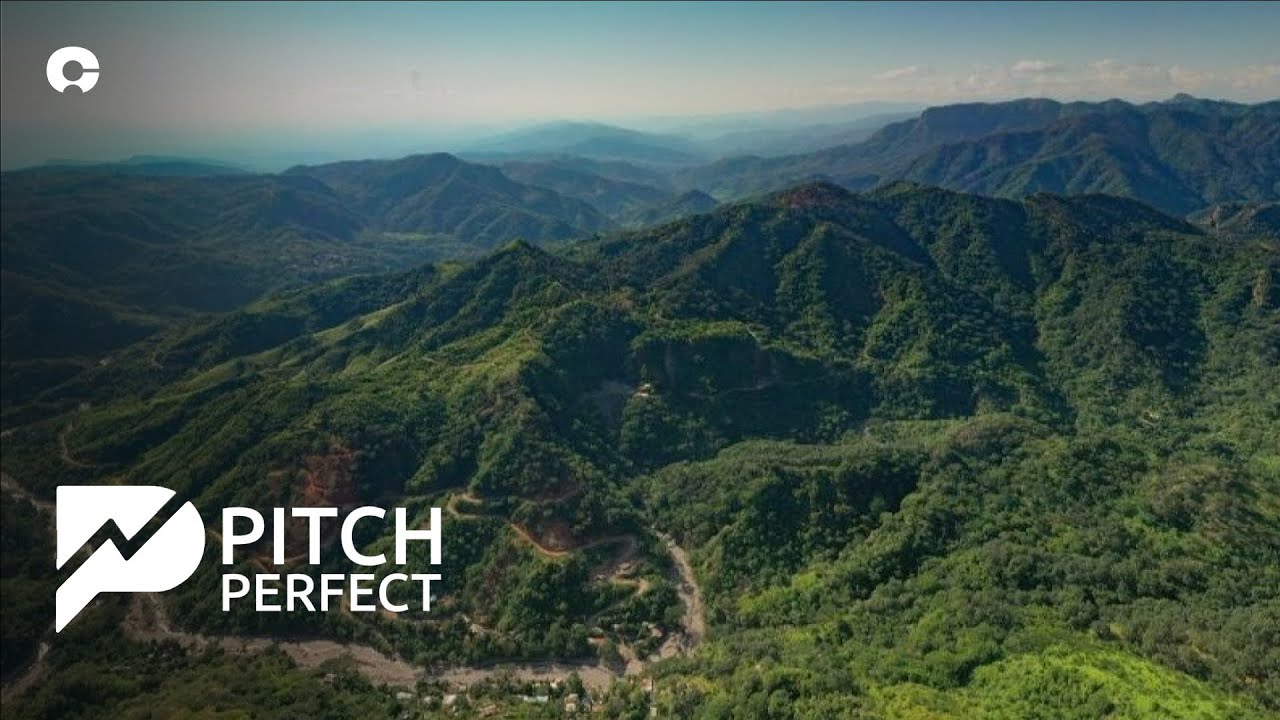

Professional Exploration Analysis, News & Education
Exploration is the first stage in the mining process where companies and geologists search for deposits of ores and minerals that can be economically mined. The process typically starts with geological mapping and surveying of the area to identify potential mineral sources. Next, geologists perform geophysical and geochemical surveys to further narrow down the search area, followed by drilling test holes and taking samples of rocks and soils to analyze for mineral content and quality. The data collected during the exploration stage is then used to determine the economic feasibility of mining a particular site.
The ultimate goal of the exploration stage is to identify deposits of economic minerals that can be extracted at a profit. This stage is vital in the mining process as it determines whether further investment in the site is warranted. The exploration phase can take many years and may involve significant cost and risk. It typically involves a high degree of collaboration between government regulators, mining companies, and local communities to ensure that exploration activities are conducted safely and sustainably. The data collected during exploration also helps ensure that mining operations are designed and executed with minimum environmental disturbance.

Natural Resources Investing, Explained
Enrol in our comprehensive FREE course that will equip you with the knowledge and tools to navigate the world of natural resource mining and assess mining companies for potential investments.



















